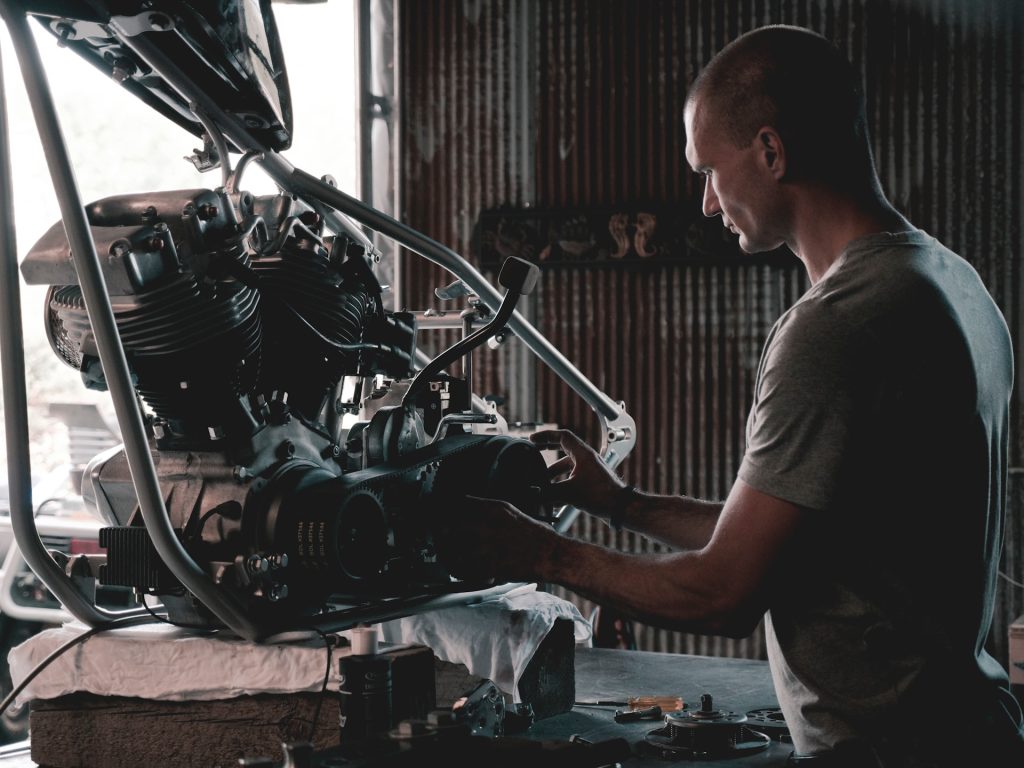As a contractor in Philadelphia, I’ve experienced firsthand the challenges and uncertainties that come with securing payment for my hard work. One of the most powerful tools at our disposal is the PA mechanics lien, but understanding and utilizing this legal mechanism can be a daunting task. In this blog post, I’ll share my personal experience and provide valuable insights to help fellow contractors protect their rights and ensure they get paid for their labor and materials.
The Struggle of Unpaid Work
It was a sunny morning in Philadelphia when I arrived at the job site, ready to tackle the day’s tasks. Little did I know that this project would turn into a nightmare. After weeks of pouring my heart and soul into the work, I submitted my invoice, expecting prompt payment. Days turned into weeks, and weeks turned into months, but the check never arrived.
The feeling of frustration and helplessness was overwhelming. I had bills to pay, employees to compensate, and materials to purchase for upcoming projects. The financial strain was taking a toll on my business and my personal life. That’s when I learned about the power of a PA mechanics lien.
Understanding PA Mechanics Lien
A PA mechanics lien is a legal claim that contractors, subcontractors, and suppliers can file against a property when they haven’t been paid for their work or materials. It acts as a security interest, ensuring that the unpaid party has a chance to recover the money they’re owed.
According to a recent study, the construction industry in Pennsylvania accounts for nearly $43 billion in economic output and employs over 262,000 individuals. However, payment disputes and delays are common, with a staggering 80% of contractors experiencing late payments or non-payment at some point in their careers.
The Requirements
To file a valid PA mechanics lien, certain requirements must be met:
– The work must be performed under a contract with the property owner or their agent
– The contractor must provide written notice to the owner within 30 days of beginning work
– The lien must be filed within 6 months of the last day of work
The Process
Filing a PA mechanics lien involves several steps:
1. Serve a written notice to the property owner
2. File a claim with the county prothonotary’s office
3. Serve a copy of the claim to the property owner
4. Commence a lawsuit to enforce the lien within 2 years
As I worked through this process, I realized the importance of seeking guidance from an experienced construction law attorney. Their expertise ensured that I followed the proper procedures and increased my chances of a successful outcome.
The Path to Resolution
Armed with knowledge and legal support, I filed a PA mechanics lien on the property where I had performed the work. The mere act of filing the lien sparked a response from the property owner, who finally acknowledged the outstanding debt.
Through negotiation and mediation, we were able to reach a settlement that satisfied both parties. The sense of relief that washed over me as I received the long-overdue payment was indescribable. It was as if a heavy weight had been lifted from my shoulders, allowing me to breathe easily once again.
Lessons Learned
My experience with a PA mechanics lien taught me valuable lessons that I carry with me to this day. Here are a few key takeaways:
1. Document everything: Keep detailed records of contracts, invoices, and communications to support your claim.
2. Act promptly: Don’t let unpaid invoices linger. Take action within the prescribed timelines to protect your rights.
3. Seek professional help: Working with a knowledgeable attorney can make all the difference in handling the complexities of a PA mechanics lien.
Frequently Asked Questions (FAQs)
1. What is a PA mechanics lien?
A PA mechanics lien is a legal claim that contractors, subcontractors, and suppliers can file against a property when they haven’t been paid for their work or materials.
2. Who can file a PA mechanics lien?
Contractors, subcontractors, and suppliers who have provided labor or materials for a construction project in Pennsylvania can file a PA mechanics lien if they haven’t been paid.
3. How long do I have to file a PA mechanics lien?
In Pennsylvania, a mechanics lien must be filed within 6 months of the last day of work on the project.
4. Can a PA mechanics lien be challenged?
Yes, a property owner can challenge a PA mechanics lien if they believe it is invalid or if the claim is disputed. In such cases, legal action may be necessary to resolve the matter.
5. How can I prevent the need for a PA mechanics lien?
To minimize the risk of non-payment and the need for a PA mechanics lien, contractors should carefully screen clients, use detailed contracts, and maintain open communication throughout the project. Implementing progress payments and requiring upfront deposits can also help ensure a steady cash flow.
In conclusion, a PA mechanics lien is a powerful tool that contractors in Philadelphia and throughout Pennsylvania can use to protect their rights and secure payment for their hard work. By understanding the process, seeking legal guidance, and taking proactive measures, contractors can handle the complexities of payment disputes and ensure the success and longevity of their businesses.


